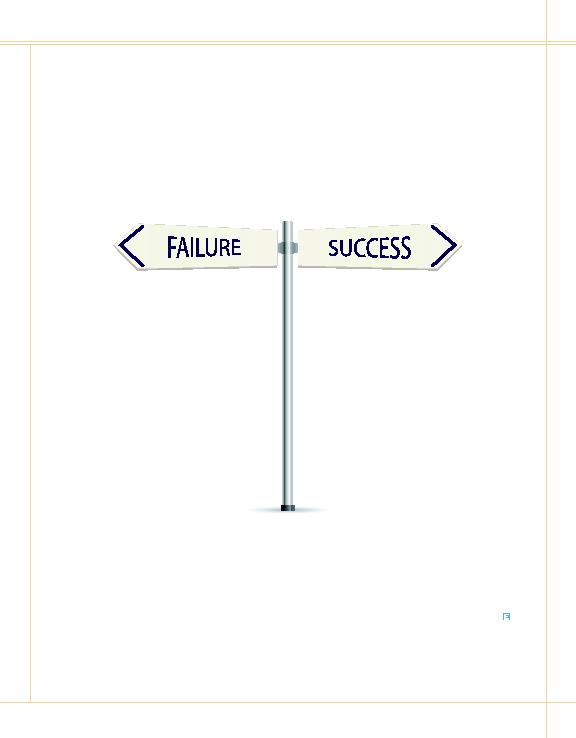
gossip, debates, and outright fisticuffs
are just a few of the many ways we work
culture that a conflict-free novel or movie holding
an audience's attention is unimaginable. Our minds
like taking the easy way out and putting everything in
black and white terms--winners and losers. We see it
in sports such as baseball, where inning after inning
gets played until zombie-like players finally churn out
proper winning and losing teams. Even in the arts, we
can turn something as subjective as music into a battle
of the bands.
during which we face the choice to either fight to win
or accept a loss. What happens when we fight back?
Physiologically, our bodies flick the fight-or-flight
switch that charges the sympathetic nervous system.
The result is a kind of prolonged stress that can stick with
us for as long as we remain engaged in rivalry (which can
last for our entire lives). Emotionally, we feel wounded. We
have scarred egos, and when something sparks our egos'
urge to fight, we fight ferociously. The trigger could be as
simple as someone else stating an opinion that is contrary
to our own so that we either feel the need to argue well
beyond the point of healthy debate or just find ourselves
engaging in arguments in order to win.
us look smarter, more capable, or otherwise better in the
eyes of others, but that is entirely dependent on the other
also appear pigheaded, or worse, insecure or longing
for admiration. Such conflict can also make us feel
more confident in ourselves; although that feeling
of confidence is our own, it was generated through
interactions with others rather than from within. That
makes it a type of confidence that is easily damaged
the next time we are faced with rematches (or even
threatened rematches).
fight." Logically, if our egos prompt us to fight to win
as a way of bolstering themselves, accepting defeat can
serve to minimize ego's grip on us. If we do not always
need to win, over time, ego becomes less important
to us. This does not mean that we are "losers," rather,
it is that ego no longer matters to us. When someone
else defeats us in an argument (or even makes fun of
us), we can use humility to see that they are actually
to put on or take off at whim, we inevitably lose our
attachment to winning fights, and in so doing, we get in
touch with our true selves, which transcend winning and
losing. We become beings who realize our interconnections
with everyone, including both friends and rivals.